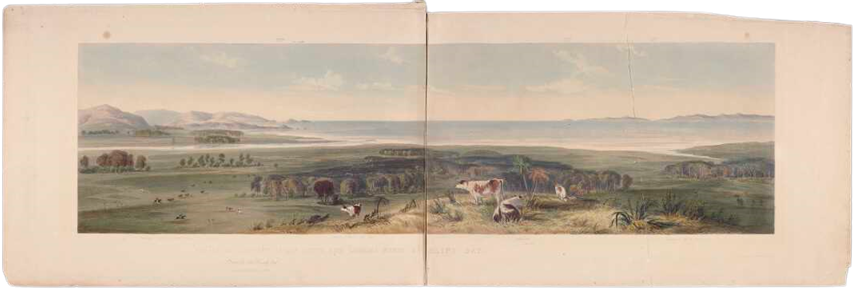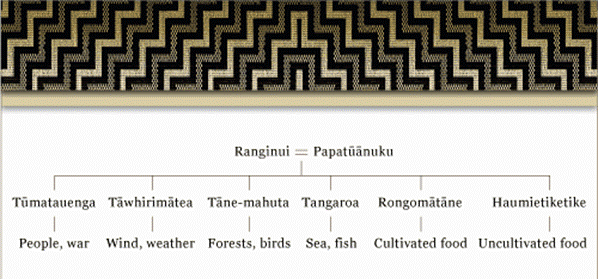Provenance stories for food
Food provenance is about the origins of food, and what processes are involved to produce it. It is one way of ensuring the authenticity, identity, and safety of products.
Food provenance also tells us something about the relationship between a place and a product. An obvious example of provenance is in wine; when you think of wine, do certain places come to mind? Perhaps Italy, France, or somewhere closer like Marlborough?
Aotearoa New Zealand has its own national provenance, owing to its ‘clean green’ image. This story has a long history, with notable beginnings in the way New Zealand was marketed to European settlers as an offshore sanctuary, ripe for colonisation.

An evolved version of this narrative has been used to promote tourism and food products in the last few decades, to great success. However, this veneer is not entirely truthful, given the extensive impact of the agriculture sector on environmental wellbeing.
Could Aotearoa achieve a plant-based provenance?
Aotearoa plant-based food producers could take advantage of the reputation that already exists. Plant-based foods can fit well into the national sustainability image. This is because they are already associated with sustainability in consumers’ minds.
The effectiveness of a national provenance depends on how domestic and offshore consumers perceive Aotearoa. Overseas consumers perceive our food products to be healthy and safe. In order for the benefits of provenance to be realised, consumers need to be able to make the association between Aotearoa and high food quality. Therefore, revealing the origins of food can be beneficial for Aotearoa food producers.
Māori provenance could deepen food provenance
Food marketers are increasingly using provenance to sell a representation of place. However, places are more than an abstracted image because of the relationships people have with a place. A Māori provenance can tell a deeper story about food.
Māori are indigenous to Aotearoa and have rich oral histories about places and foods. Māori provenance is not only about unique connections to places, but also contains distinct perspectives on how relationships work. For Māori, foods are not discrete objects, but are also connected to a wider web of shared descent from ancestral parents Papatūānuku and Ranginui.

Consumers who connect with a Māori provenance may see not only a representation of place, but also understand how ancient, enduring relationships have given rise to a food product. For instance, a Māori kawakawa beverage has both an indigenous plant, but also can communicate a historical relationship with the species and the place it comes from. Revealing the underlying relationships embedded in the food provides it with a distinctiveness in market, which may support Māori enterprise. Nevertheless, those relationships have inherent value far beyond market economies.
A Māori plant-based provenance is highly valuable, yet challenging to achieve
For plant-based foods, Māori could draw on their historical relationship with plants and the places they come from to tell a unique story. This could contribute to Māori wellbeing and self-determination in an evolving food landscape. Making plant-based products in a sustainable way can also support Māori economies for future generations.

Image 3: Just mountains and sea, or a long history of relationships and practices? Photo credit to Summer Wright.
However, there are ongoing challenges for the protection of Māori knowledge. Protecting communally shared cultural property can be difficult and expensive, but a lack of protection can leave it open to misappropriation by non-Māori. This is on top of the price and technology challenges that already exist for making high-value plant-based foods in Aotearoa.
Building a genuine plant-based provenance for Aotearoa
Nevertheless, some elements of Māori provenance are not easily copied, given that it draws on genuine place-based relationships. Māori provenance in plant-based products could build towards a genuine Aotearoa food provenance that is based on indigenous culture. Taking advantage of Aotearoa’s clean green provenance and genuinely bolstering it with healthy, sustainable foods grounded in culture may pave the way for a flourishing Māori plant-based food sector.
Summer Wright, 24 Nov 2022
